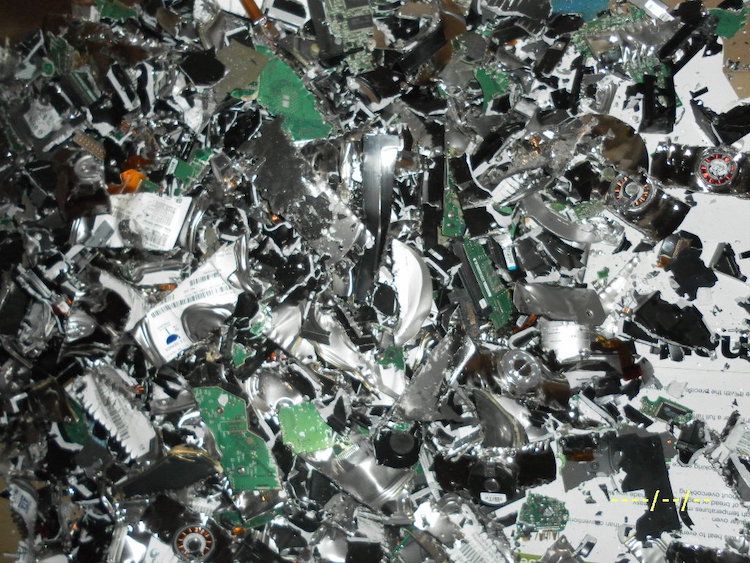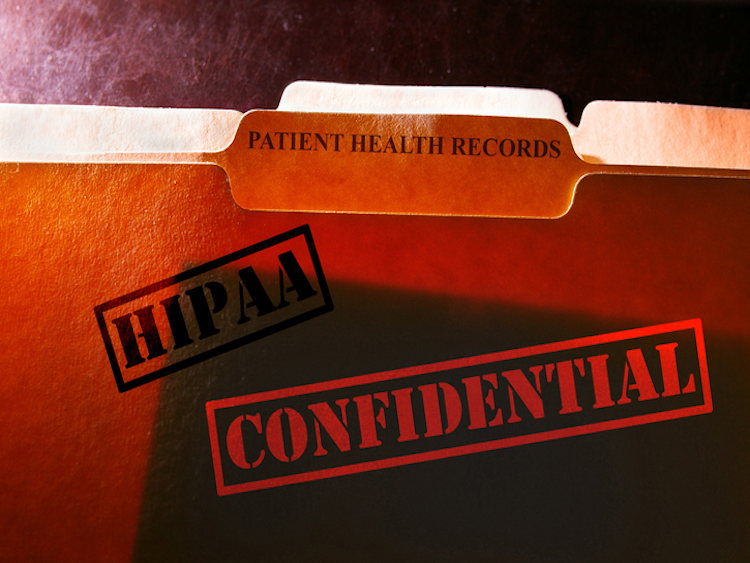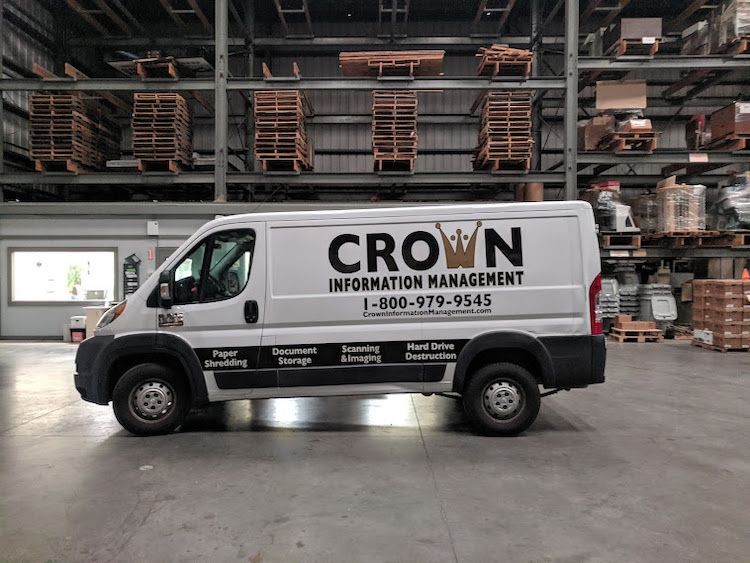What Documents Should I Shred After the New Year?
A Smart Way to Start the Year with Better Security and Less Clutter
Offices accumulate a large volume of documents each year, many of which contain sensitive information. The new year is a good time to review old files and clear out records that are no longer needed. Holding onto outdated documents can increase security risks, create clutter, and lead to compliance challenges. Shredding old paperwork and digital media helps protect your business, employees, and clients, while professional shredding services make the process secure, efficient, and compliant.
Why the New Year Is the Right Time to Shred
Many people take time to clear out closets and desks at the start of the New Year, as it seems to signal a fresh start for offices and records. This is the time of year when businesses often review files, storage, and compliance. The goal is not to hold onto outdated documents. Instead, shredding them makes for efficient space utilization, better security, and achieving compliance goals.
Knowing what to shred is a question best answered by considering these five areas:
- Financial and tax documents you no longer need: It’s better to get rid of old tax returns that are past the required retention periods than to hold onto them. Other financial documents to shred include outdated bank statements, invoices, and expense reports. It is also a good idea to destroy any payroll records that have met legal retention timelines. Remember to check retention rules before shredding.
- Employee and HR records past their retention period: Common human resource records to purge include former employee files no longer required, old job applications, and old resumes. You can shred performance reviews and disciplinary records that are past their retention period. Professional shredding helps you protect personally identifiable information (PII) and avoid identity theft.
- Customer and client records that are no longer active: As you work through your cleanout process, look for closed account files and old contracts and agreements that are no longer in effect. Other documents to destroy include outdated contact forms, credit applications, or intake paperwork. There are many compliance considerations (HIPAA, FACTA, and GLBA) that a professional shredding company can help you with.
- General office paperwork that creates risk: It’s helpful to review other general office paperwork as well. For example, meeting notes can contain sensitive details. You may have internal reports or strategy documents that should be properly shredded. Another category is old pricing sheets, vendor agreements, or proposals. While these documents are ‘internal only’, they can provide information to thieves that could harm your business.
- Don’t forget about digital records and media: One more area to remember is your media. Old hard drives, backup tapes, USBs, and other devices can still have their deleted files recovered. It is crucial that you utilize certified hard drive and media destruction services through a company that can provide Certificates of Destruction. This will support you in your audits and compliance requirements.
- How professional shredding makes New Year cleanouts easier: Starting the year with a clean slate is easier with help from professional document shredding services. Secure providers offer one-time purge services and ongoing shredding programs, with on-site or off-site options to fit your needs. A documented chain of custody and compliance support provides peace of mind throughout the process.
Start the Year Secure, Organized, and Compliant with Crown Information Management
Trying to destroy sensitive documents and digital media in-house can lead to mistakes, missed steps, or incomplete destruction. Working with a professional shredding partner helps ensure that records are handled securely and appropriately destroyed, reducing risk and supporting compliance efforts.
Crown Information Management offers secure document disposal, trained staff, and specialized equipment designed to protect confidential information from start to finish. With flexible on-site and off-site shredding options, your business can choose the solution that best fits your workflow. Every service includes a Certificate of Destruction, providing documented proof for audits and compliance requirements.
From paper shredding and records storage to hard drive and X-ray destruction, we support you and your business as you look to start the year with stronger security and less clutter. To learn more about our shredding and information management services, call 800-979-9545 or contact us online. Let our team help you protect what matters most. We are a SOC 1, NAID AAA, and PCI-certified company.








